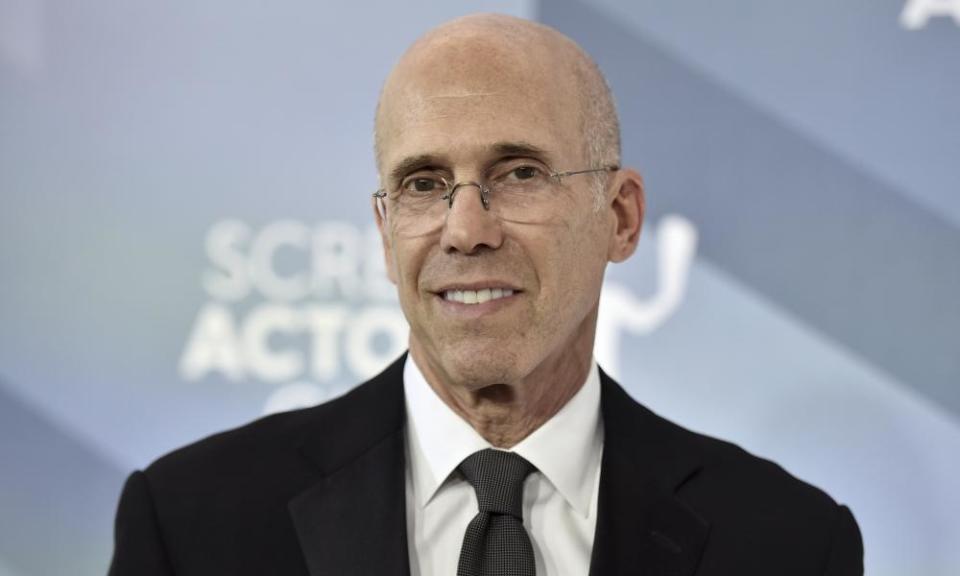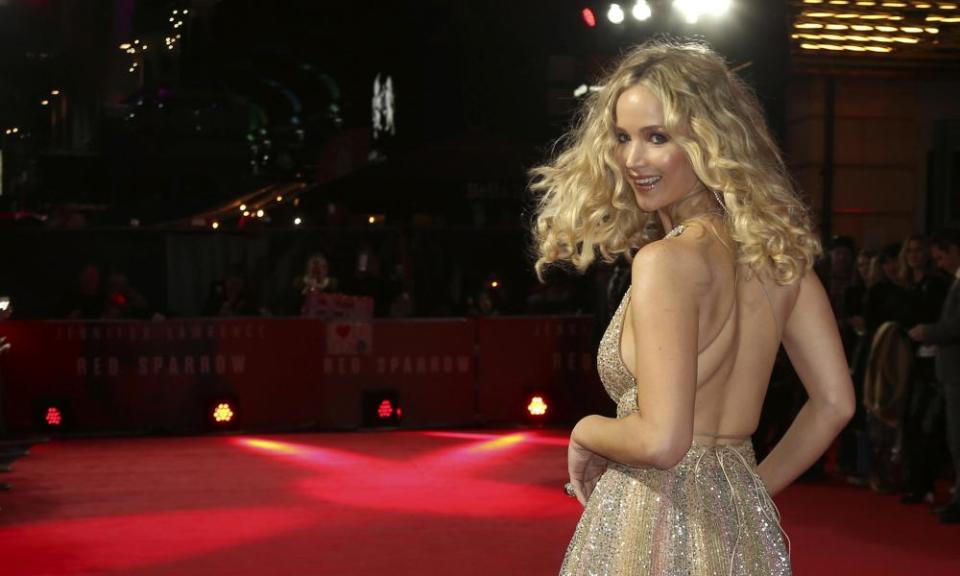Why working from home was the death knell for Quibi

The short-form streaming platform Quibi, which offered quick shows designed for watching on phones, on the go, has crashed and burned just six months after its launch. Its founder, Jeffrey Katzenberg, and CEO, Meg Whitman, released an open letter to employees and investors – and it had a huge amount of investment, to the tune of $1.75bn (£1.34bn) – explaining that the idea had not worked, offering “a profound apology for disappointing you and, ultimately, for letting you down”.
Quibi – it stood for “quick bites” – had faced an uphill battle from its launch in March. It produced an awful lot of shows, each five to 10 minutes, with an awful lot of serious, big-name, A-list talent either behind or at the front of it, such as Jennifer Lopez, Idris Elba, Steven Spielberg, Will Smith and Chrissy Teigen.
In July, reports estimated that the number of subscribers who paid after the free trial stood at 72,000; it sounds like more celebrities were involved than punters. It failed to produce a hit, though word of mouth on the always under-celebrated Nicole Richie comedy, Nikki Fre$h, which invented the musical genre “parent trap” and saw Richie rapping about gardening, suggests viewers were missing out.
Still, Quibi was clearly doomed by its launch year. It was both of its time and a victim of its time. Homespun short-form videos continued to boom and thrive, as TikTok became a reference point grandparents could recognise, but professional, slick, short-form series just didn’t have a place. The idea of “premium” mini-shows made sense, if they were aimed at people on the move, who wanted to catch up on something between train stations, perhaps, or on the bus home from work. It’s hard to know whether it would have taken off in a more normal world, but that normal world is increasingly unrecognisable.
In the 2020 that Quibi ended up launching into, the rise of working from home means that the transitional state it would have filled has disappeared for many. Going to work might mean getting dressed and walking into another room, if that; I still remember the US judge who reprimanded two lawyers, one for attending a virtual hearing with no top on, the other while still in bed. For people who can and do work from home, and surely this winter will only bring more of it, we are at work, or not at work, without the in-between time that would have been perfect for watching five minutes of Nicole Richie dressed as a bee.
Keep calm and carry on with the quizzes

In September, Who Wants to Be a Millionaire? crowned its first top-prize winner in years, as former teacher Donald Fear walked away with the £1m jackpot. The series was memorable for that, but also because, owing to Covid-19 restrictions, the contestants and the host, Jeremy Clarkson, could not touch. Each time someone left, either with their prize money or despondent and empty-handed, they stood up and paused, unsure of how to say goodbye without shaking Clarkson’s hand. It was indelibly awkward.
Last week, the Sun online reported that Ofcom had 23 complaints about a recent celebrity edition of The Chase. Complaining to Ofcom seems to have become a way of expressing mild disgruntlement about absolutely everything, but in this case people were miffed that the host, Bradley Walsh, shook the contestants’ hands and that the contestants, having just won £120,000 for charity, hugged in celebration. The Chase responded that protocol had been followed, contestants had been tested and there was nothing to see here.
Quiz shows will stand as the oddest monuments to television in 2020, more so than hastily knocked-out Zoom dramas and endless clip shows. They have ploughed ahead with enough Keep Calm and Carry On spirit to adorn countless mugs. Only Connect has separated its quizzers with Perspex screens. University Challenge reached its first pandemic episodes on Monday, again using screens, which made the conferring part much louder than usual. I realise that isn’t much to grumble about, but I might see what Ofcom has to say about it anyway.
Jennifer Lawrence’s repentance speaks volumes

Photograph: Joel C Ryan/Invision/AP
On the most recent episode of the podcast Absolutely Not, Jennifer Lawrence discussed her political views with the host, Heather McMahan.
McMahan had asked her about the anti-corruption organisation RepresentUs, as Lawrence sits on the board. The discussion turned, inevitably, to the US presidential election. “It’s extremely hard to talk about politics,” Lawrence said. “And you don’t want to. I’m an actor, I want everybody to see my movies.” She went on to say that she had grown up in a Republican family in Kentucky and when she voted for the first time, she voted for John McCain. But with Donald Trump, she said, “it feels like there’s been a line drawn in the sand... It just changes things for me”. She endorsed Joe Biden and Kamala Harris earlier this month.
The gist of the online reaction appears to be “why would she admit to that?”, but, really, why would she not? There is more power in a former Republican voter explaining why they oppose Trump than another lifelong, liberal, A-lister preaching to the choir. Robert De Niro saying “fuck Trump” to an audience at a theatre awards ceremony is entertaining, I suppose, but surely Lawrence is more likely to change the minds that need changing.
• Rebecca Nicholson is an Observer columnist

